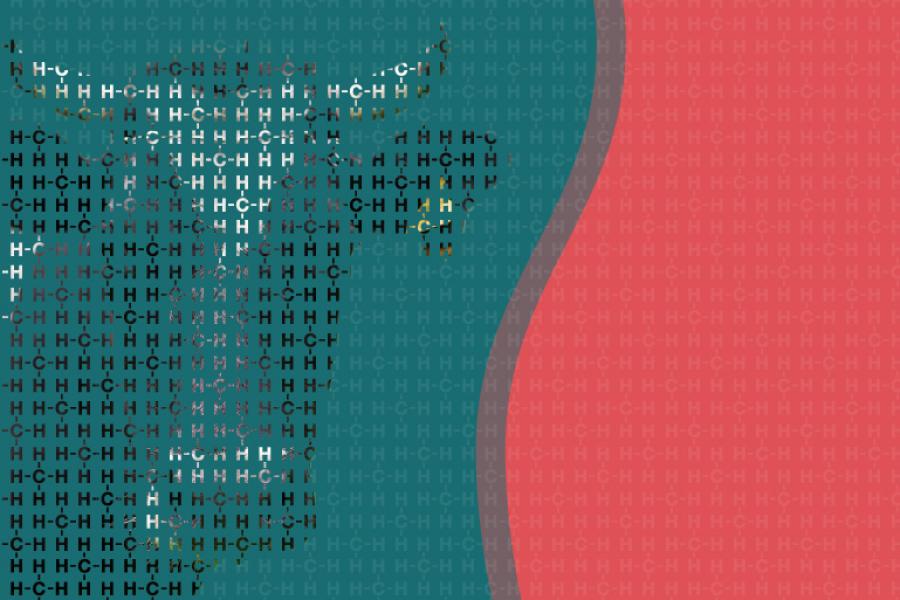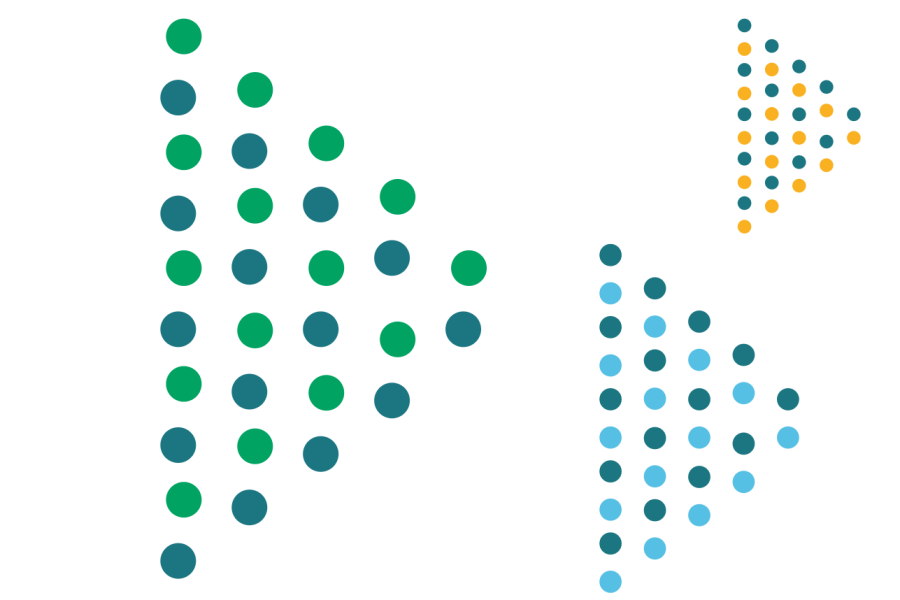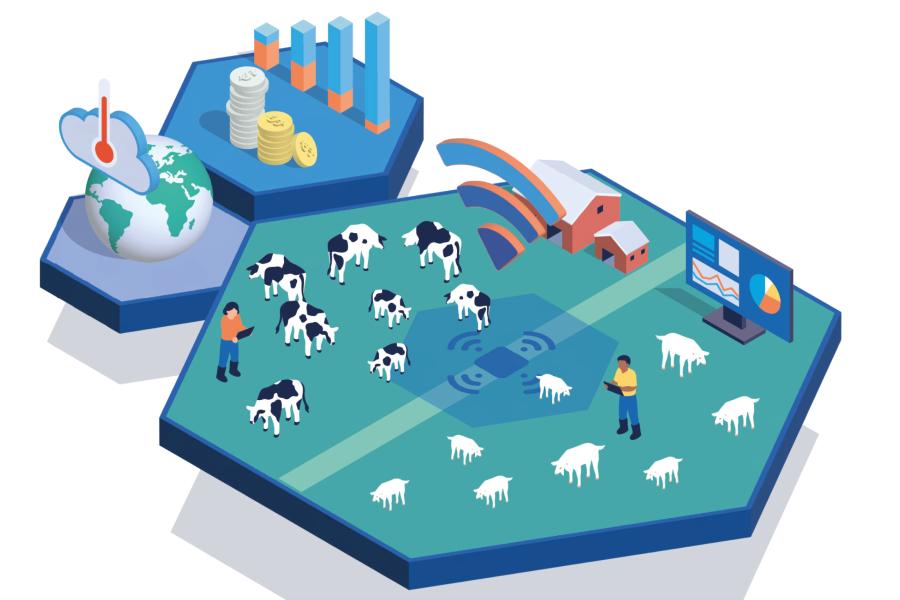New Investment Roadmap Charts Path for Digital Solutions for Livestock Methane Reduction
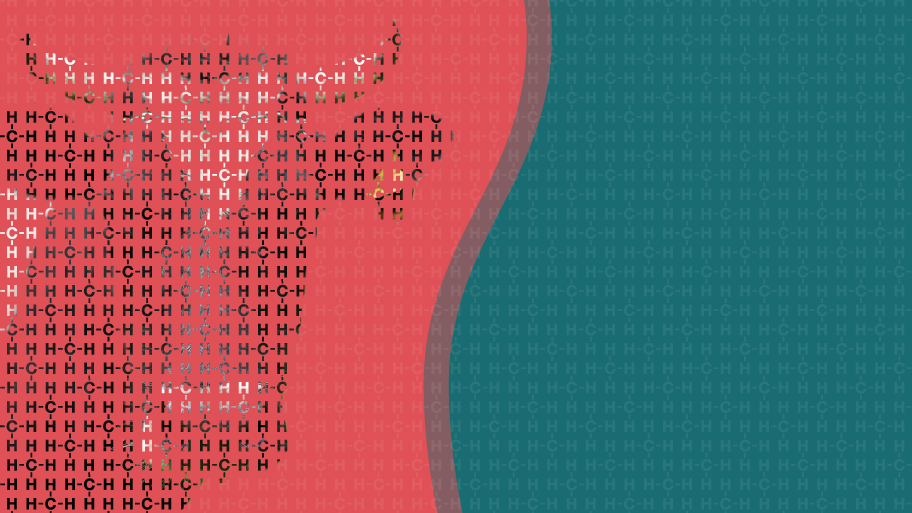
Roadmap aims to enhance access to digital tools that boost livestock productivity and unlock data for better methane management.
With livestock emissions rising and climate commitments mounting, governments and financial institutions working across low- and middle-income countries (LMICs) face an urgent need for actionable solutions that increase food production and deliver on climate goals.
Livestock Data for Decisions (LD4D) and the Climate and Clean Air Coalition (CCAC) today announced the launch of their latest collaborative initiative—the Investment Roadmap for Digital Services for Livestock Methane—designed to stimulate investment in digital solutions that can boost livestock productivity and reduce greenhouse gas (GHG) emissions across LMICs.
The roadmap targets a critical challenge in LMICs, where current levels of livestock production cannot keep up with rising demand for animal protein. Without strategic intervention, there is a risk that GHG emissions will escalate unchecked.
Read the roadmap
Four Strategic Pathways to Harness Digital Services in Livestock Systems
The roadmap is structured around four mutually reinforcing pathways for adopting and scaling digital tools for livestock systems:
Building Digital Public Infrastructure - Establishing the technical backbone needed to support widespread adoption and sustainable growth of digital livestock services.
Integrating Digital Services for Livestock into National Policies - Incorporating digital livestock services into national livestock and climate policies to create enabling environments and increase access to climate finance.
Mobilising Livestock Data Ecosystems - Enhancing data quality, accessibility, and use for measurement, reporting, and verification (MRV) systems essential for tracking emissions and climate impact.
Leveraging Private Sector Investment - Ensuring last-mile delivery through private sector engagement to achieve scaling and adoption across entire value chains.
Digital Services for Livestock – the Opportunity
The roadmap charts a path for mobilising Digital Services for Livestock (DSL) to overcome data gaps and unlock methane reduction efforts across the livestock sector.
"Digital services for livestock can support methane reduction in three key ways," explained co-author Şeyda Özkan. "First, they can improve how efficiently livestock can produce milk, meat and eggs. Second, they provide crucial data for greenhouse gas tracking systems. And third, they help decision makers better understand their emissions and devise the best solutions for their specific situations," she explained.
Digital tools to enhance productivity can track animal health, reproduction, and nutrition, all of which affect methane emissions at the farm level. Tools that measure greenhouse gas emissions can generate valuable data that enables projects and countries to report on emissions. Other tools that support emissions reductions include weather and climate information services, technologies that monitor animal movement, and platforms that facilitate market access.
Practical case studies
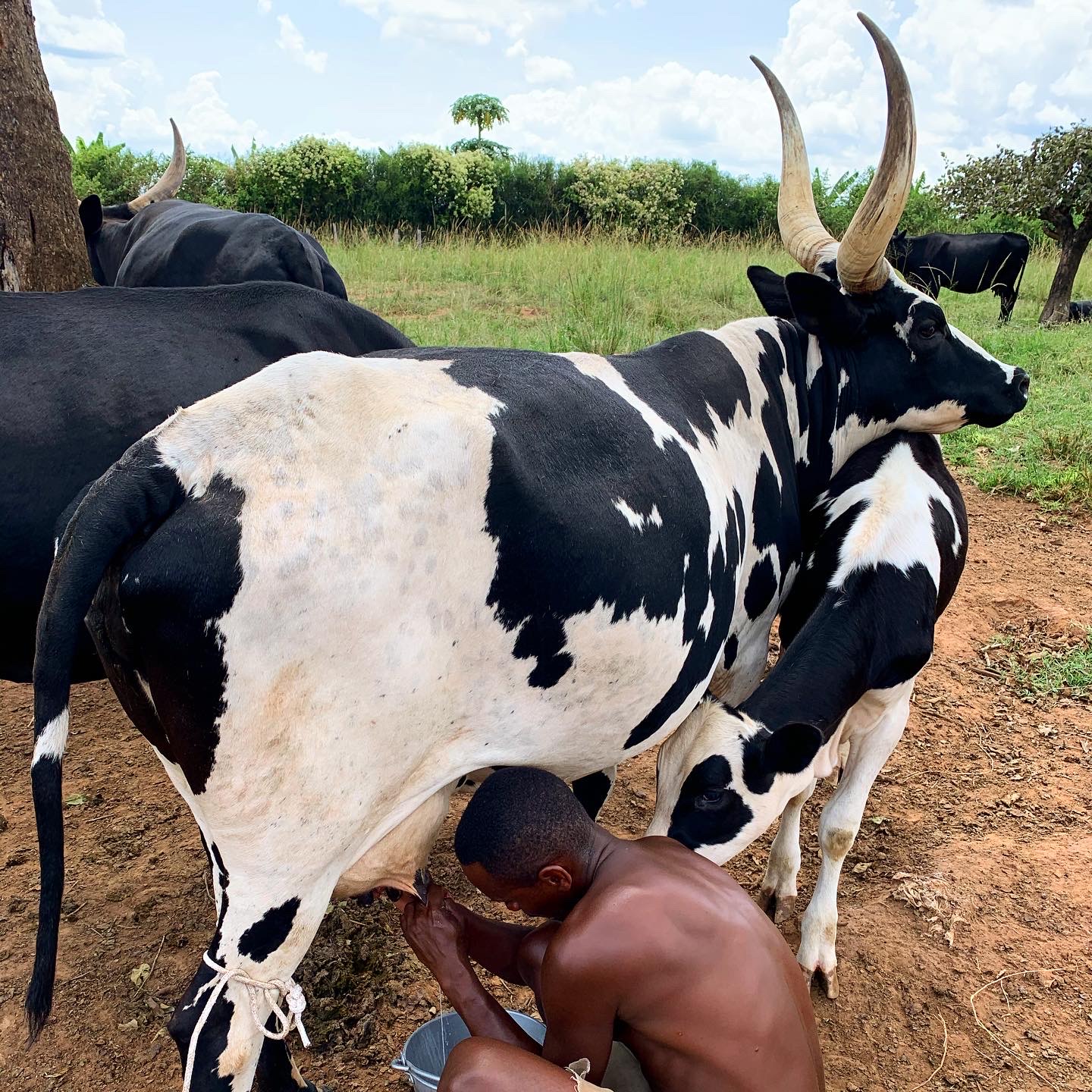
The roadmap highlights real-world examples where digital services for livestock are already being adopted and scaled up. The Dairy Interventions for Mitigation and Adaptation (DaIMA) programme in Kenya, Rwanda, Tanzania and Uganda demonstrates how policies can integrate digital services into livestock and climate strategies. In this case, the International Fund for Agricultural Development (IFAD) has leveraged $350 million to reduce dairy emissions by over 2 million tonnes CO2e while increasing milk production by 30%. Meanwhile in India, Stellapps Technologies illustrate how public-private partnerships can de-risk investments in digital services for farmers. Once a small start-up company, they have scaled to reach 3.5 million dairy producers across 17 states and now help digitally trace over 14 million litres of milk daily whilst providing free services to smallholder farmers.
Action-Oriented Expert Collaboration
The roadmap was authored by a Solutions Group that brings together diverse experts spanning livestock, climate, finance, policy, and digital innovation to address complex data and evidence challenges in the sector.
Over a four-month period, the group worked together to identify the data barriers to digital service adoption across value chains, developed a shared theory of change, and listened to stakeholders in developing evidence-based guidelines to strengthen policy, and practice.
"This Solutions Group came together to bridge the finance and knowledge gap around digital services for livestock to deliver methane abatement while improving data transparency for the livestock sector," explained Gregory Kohler, Agriculture Expert at the Climate and Clean Air Coalition (CCAC) which co-led the Solutions Group. "LD4D and the Solutions Group framework have shown us that we can use this collaborative approach to help resolve persistent data and evidence problems through a diverse network of experts."
Meet the Solutions Group
Addressing Critical Investment Gaps
Unlike higher-performing livestock systems in developed countries, many LMICs lack the advisory and extension services that enable farmers to adopt proven productivity-enhancing practices. This creates a cycle where productivity stagnates while emissions remain high—a challenge that digital services for livestock can help address.
"Through the roadmap, we hope to demonstrate how digital services can support transformation in the livestock sector by improving productivity, and reducing emissions, whilst supporting robust data systems for GHG accounting," noted co-author Ana Miranda, LD4D Development Manager. "Our goal is that this roadmap will inspire increased investment by giving governments and development banks the practical tools they need to integrate these solutions into their strategies."
Targeting Key Decision Makers
The roadmap provides targeted guidance to two key audiences: governments seeking to integrate digital livestock services into climate and development strategies, and international financial institutions (IFIs) looking to mainstream digital solutions into their investment portfolios with reliable MRV systems.
For governments, the roadmap offers pathways to strengthen national GHG inventories and reporting while creating access to climate finance. For IFIs, it provides frameworks for developing robust systems to track climate co-benefits of their investments.
The Investment Roadmap for Digital Services for Livestock Methane represents a significant step toward aligning climate goals with agricultural development in regions where livestock farming is both economically vital and environmentally challenging, while providing the practical guidance needed to drive investment in these transformative digital solutions.
Read the Roadmap
Join the Conversation: Webinar on October 30
To help translate the roadmap's strategic guidance into concrete action, LD4D and CCAC will host "Turning Roadmaps into Reality: Digital Services for Livestock Methane Reduction in LMICs" on Thursday, October 30, 2025, from 2:00-3:30 PM (UK Time).
The interactive webinar will bring together leading experts, government officials, and development finance leaders to explore practical pathways for implementation. Featuring insights from the report's authors alongside key stakeholders from governments and international financial institutions, the session is designed for policymakers, investors, development practitioners, and anyone interested in scaling digital solutions for agricultural emissions reductions.
About LD4D: Livestock Data for Decisions (LD4D) is a worldwide community of over 2000 members and partners working to improve livestock data and evidence in low- and middle-income countries. LD4D aims to support the transition to more sustainable and inclusive livestock systems by mobilising livestock data and evidence for better policies, investments, and strategies. LD4D is convened by SEBI-Livestock, the Centre for Supporting Evidence Based Interventions in Livestock, which is hosted by the Royal (Dick) School of Veterinary Studies, University of Edinburgh. Learn more at livestockdata.org
About CCAC: The Climate and Clean Air Coalition (CCAC) is a voluntary partnership of over 200 governments, intergovernmental organizations, and non-governmental organizations founded in 2012, and convened within the United Nations Environment Programme (UNEP). Collectively and individually, partners who join the Climate and Clean Air Coalition are working to reduce powerful but short-lived climate pollutants (SLCPs) – methane, black carbon, hydrofluorocarbons (HFCs), and tropospheric ozone – that drive both climate change and air pollution. This solutions group builds on a 2024 report on the Role of Digital (Extension) Services for Livestock on Tackling Methane Emissions, prepared by the CCAC Technology and Economic Assessment Panel (TEAP). Learn more at ccacoalition.org
